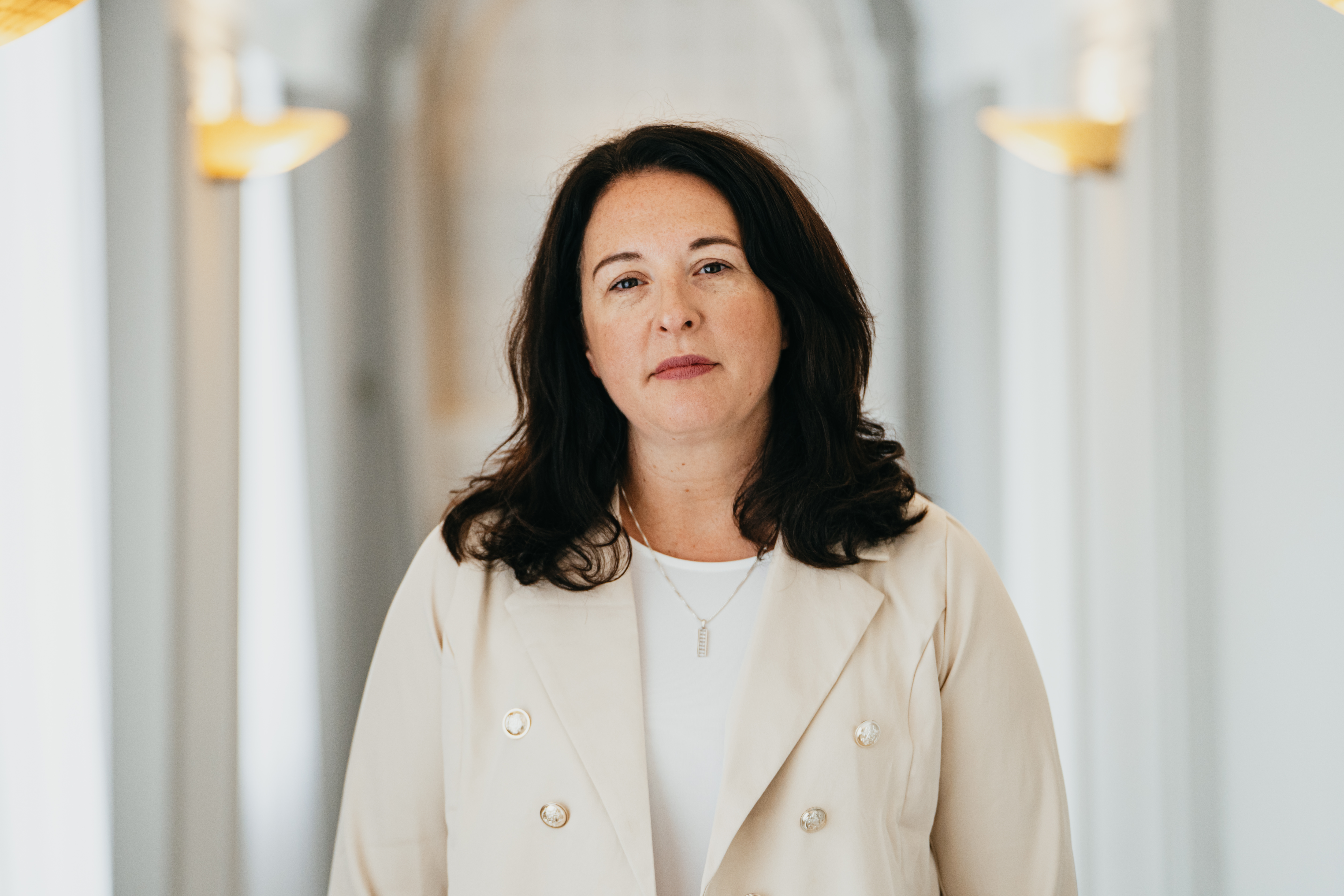
The SoR has cautioned against the government’s plans to introduce a separate pay spine for nurses in the NHS.
Earlier this month, the Department for Health and Social Care opened a public consultation on the proposal to offer nurses a separate pay system from other NHS health workers.
But the idea has been met with opposition from a number of professional bodies, including the SoR, over concerns the new pay spine would divide professions and would not fix pay issues within the NHS
The SoR plans to submit a collective response in opposition to this proposal and would encourage members to respond directly with their views before the closing date at noon on 4 April.
The proposal
The proposals for a new pay spine for nurses have been raised by the Royal College of Nursing (RCN), over concerns that Agenda for Change (AfC) pay structure has failed to keep pace with changes in the nursing profession.
In May 2023, during negotiations over changes to the AfC pay system, the RCN suggested introducing a new pay spine for nurses, separate from the pay arrangements in place for the rest of the AfC workforce.
According to the RCN, a separate pay spine would help with nurse recruitment and retention, as well as offering more opportunities for career progression and professional development.
But the SoR, and other professional bodies including the Royal College of Midwives, say the proposed system would deepen the NHS workforce crisis.
On 11 January 2024, the government opened its public consultation on plans for the new nursing pay spine, urging organisations and individuals to share their views to help understand the impact any changes would have on the NHS.
Dividing the workforce
The Society has said that issues in the radiography workforce are similar to those facing nursing, and warned that separating one profession from the others “does not fix the problems but will create complete instability of Agenda for Change as well as dividing the power of the trade union collective”.
In its submission to the consultation, the SoR plans to outline the radiography workforce issues including the barriers in the professional pathway and career progression, the lack of pay and reward, and the problems encountered with the job evaluation process.
These messages will also be contained within the new SoR manifesto for radiography, due to be launched in February 2024.
The SoR explained that a separate pay spine “goes against the very ethos of AFC – equal pay for equal work”. The Society warned if this is implemented, it will cause an influx of equal pay cases.
A number of health trade unions have also shared their opposition to a separate pay spine for nursing, including the Royal College of Midwives, the GMB, Unison, and the Royal College of Podiatry.
‘Strongly and clearly oppose the move’
Leandre Archer, SoR head of industrial relations, said: “Members should be under no doubt that the SoR will be very strongly and clearly oppose any such move. We will be supporting members in responding directly to the public consultation with arguments to oppose this as an idea that is counter-productive and divisive at a point where the NHS needs to pull together around a genuine long-term workforce plan.
‘’The strongest argument against this idea is that it is totally unnecessary. All of the RCN’s key concerns – around low pay in Band 5 and barriers to fair and sustainable career progression – apply as much and as urgently to radiography and the other allied health professions. Our focus must therefore be on collectively recognising the need to remove these barriers, fixing AFC and improve retention and recruitment through improved pay and reward for all NHS professionals.”
To contribute your views to the consultation click here.
(Image: Leandre Archer, by Eve Slusarek)
